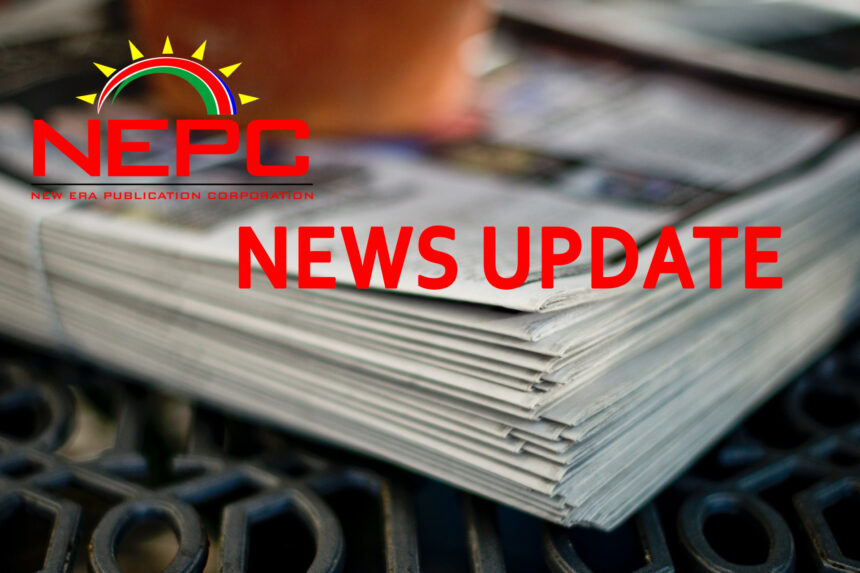Maihapa Ndjavera
The European Union has officially adopted its multi-annual indicative programme for Namibia for 2021 to 2017. Through this programme, the EU commits to provide N$627.3 million (37 million euro) for the initial period of the programme, running from 2021 to 2024.
At the joint launch with the National Planning Commission last week, Sinikka Antila, Ambassador of the EU delegation to Namibia, explained that the indicative allocations for 2025 to 2027 will be announced following the mid-term review of the implementation of the multi-annual indicative programme (MIP).
Through this programming of cooperation, the EU and member states commit another seven years to further support Namibia in human development and education, giving children and youth a chance for a better future. The programme also supports good governance, and strengthens green growth as well as creates new opportunities for Namibian individuals and businesses.
Antila said priority areas of the cooperation include foundational skills, and to increase equitable and inclusive access to early childhood development and pre-primary education facilities and services. Budget support amounting to €13 million (over N$223 million) will be provided for education.
Another priority is inclusive green growth. “This area will focus on renewable energy, water and sanitation, climate change adaptation and mitigation as well as biodiversity conservation”.
The EU Ambassador commended Namibia‘s efforts to transition towards a blue and green economy, as articulated under the economic advancement pillar of the second Harambee Prosperity Plan.
She added: “In order to further support Namibia’s initiative towards a green economy, the EU is currently strengthening its partnership on critical raw materials and green hydrogen with Namibia”.
The third targeted area is good governance and gender equality.
At the same occasion, National Planning Commission executive director Wilhencia Uiras said the focus of the MIP for Namibia is aligned to the country’s National Development Plan Five (NDP5), the Harambee Prosperity Plan II (2021-2025) and Vision 2030.
She added that NDP5 identifies game-changers expected to transform Namibia from a reactive input-based economy to a proactive high-performing economy, some of which has already been supported by the EU in previous years.
Uiras further appreciated the support, saying it will strengthen the collective and shared vision of an educative and prosperous Namibian nation.



